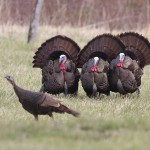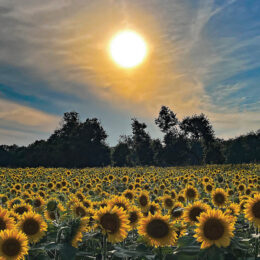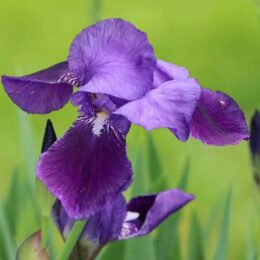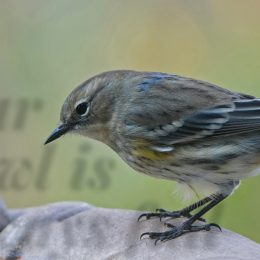By Jack Spaulding
 Over the course of my lifetime, I’ve had the privilege of seeing Indiana trap, trade and transport wild turkeys bringing them into almost every county in the state.
Over the course of my lifetime, I’ve had the privilege of seeing Indiana trap, trade and transport wild turkeys bringing them into almost every county in the state.
The first spring turkey hunt wasn’t much to talk about as only 62 hunters pursued the wild turkey in 1970. As a result, Hoosier hunters harvested six birds from the three counties open to hunting.
According to Indiana Department of Natural Resources turkey biologist Steve Backs, most of the state’s potential turkey habitat areas have been colonized. Furthermore, some existing turkey habitat is vulnerable to development and other habitat degrading factors. Now, with turkeys in almost all Indiana counties, there’s no more room for populations to grow.
“We’re past the restoration era,” Backs said. “Natural forces have come into play that are controlling population levels, primarily by reduced production.”
On private lands, wild turkey populations will be adversely affected by urbanization and increased agriculture. On public lands, turkeys will be affected by restrictions on timber and wildlife management practices, along with competing land uses.
Natural disease and predators are also starting to catch up with restored turkey populations. Turkey eggs and poults are vulnerable to predators ranging from blue jays to coyotes.
There’s not much wildlife management biologists can do about the natural forces of population control except ensure there is suitable habitat where possible. Habitat factors will play the biggest role in what becomes the “new normal” for turkey population levels.
Long-term population trends (over 10 to 20 years) are mostly affected by habitat suitability, whereas short-term population trends (over 1 to 3 years) are mostly influenced by weather.
After decades of growth and expansion, turkey populations in Indiana appear to have leveled off, which means one thing for hunters.
“We’re going to have to become more of a hunter and not just a shooter,” said Backs.
The spring season harvest peaked in 2010 at 13,742 birds. In the 2014 spring season (the year for which the most recent figures were available), hunters harvested 10,872 birds.
Indiana’s wild turkey population is estimated to be in the neighborhood of 130,000 birds and generates the sale of about 56,000 licenses each year.
The recent decline in harvests is unlikely to result in stricter regulations. Existing regulations are already conservative and have helped buffer the effects of reduced turkey production. Spring season hunters are allowed one bearded or male turkey. Fall hunters are allowed one bird of either sex, but fall hunting is less popular; only about 600-700 birds are harvested annually in the fall.
Indiana’s spring turkey season, from April 27 to May 15, is scheduled to coincide with the time frame when most hens will be incubating eggs. The reason is three-fold.
First, waiting until after most turkeys have bred, and laid eggs, ensures the continuity of the turkey population. Second, most hens are on the nest, meaning they are less likely to be inadvertently shot. Third, gobblers at this time are still interested in breeding, making them susceptible to being called in by hunters.
While the long-term trend will be a leveling off, Backs said hunters can expect year-to-year harvests to vary considerably based on weather during the previous year’s breeding season. Generally, a hen lays about 12 eggs a season, and about half survive as poults past six weeks. Survival is higher during warm, dry springs and lower during cold, wet springs.
“Even if the population is stabilized, we are going to have annual fluctuations in production,” Backs said. “It doesn’t mean that every year we are going to kill 10,000 to 12,000 birds.”
Jack Spaulding is a state outdoors writer and a consumer of RushShelby Energy living along the Flatrock River in Moscow. Readers with questions or comments can write to him in care of Electric Consumer, P.O. Box 24517, Indianapolis, IN 46224; or email jackspaulding@hughes.net.



